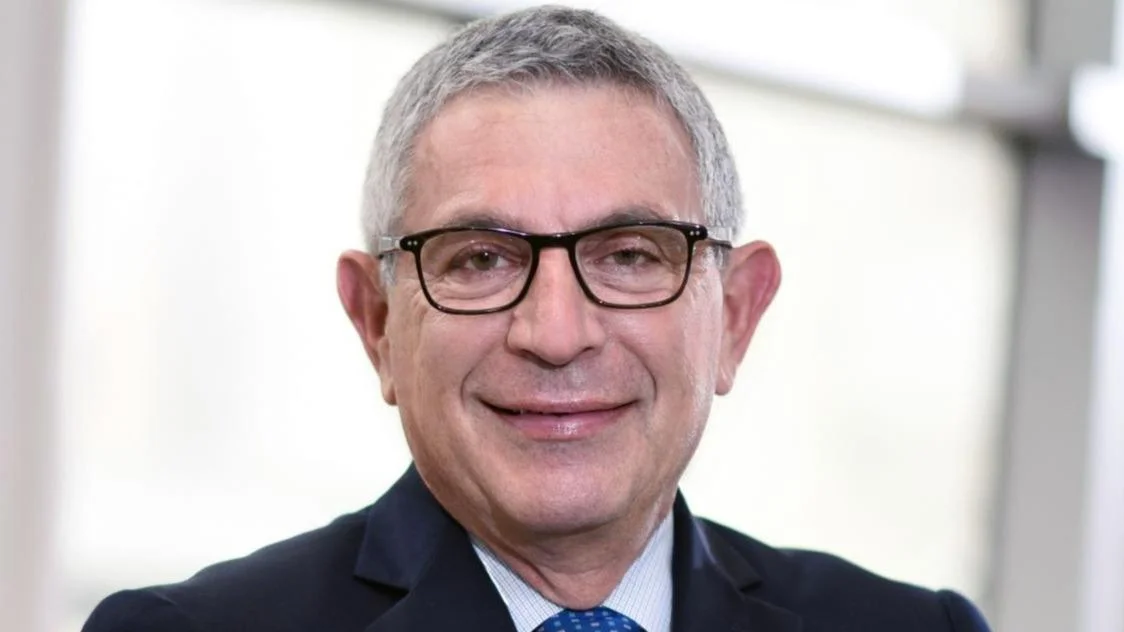
Researchers at Baylor College of Medicine and Rice University have introduced a new gene therapy method called Repair Drive, which aims to enhance the precision of genetic repairs in liver cells. This approach is reported to significantly increase the number of correctly repaired hepatocytes while eliminating those with incorrect edits.
The study, published in Science Translational Medicine, highlights the challenges of gene editing in the liver due to its complex regenerative capacity. Dr. William Lagor from Baylor explains that only about 1% of liver cells are actively dividing, making it difficult to correct genetic mutations across a significant portion of the organ. "Our approach is to take that small percentage of precisely repaired cells and give them a reason to divide so that they can replace the unhealthy liver cells," he stated.
Repair Drive employs small interfering RNA (siRNA) to target and eliminate unhealthy cells by temporarily inhibiting an essential survival gene for hepatocytes. The method involves installing a recoded version of this gene alongside therapeutic genes through gene editing, allowing healthy cells to thrive as unedited or incorrectly edited ones are removed. The research found that this technique could raise the proportion of precisely repaired cells from about 1% to over 25% in mouse models.
Dr. Gang Bao from Rice University emphasized the importance of detecting unintended edits during targeted gene insertion. He noted, "A key finding was that Repair Drive not only increased the number of precisely repaired cells but also decreased the fraction of cells with incorrect edits."
The collaborative effort involved contributions from multiple researchers across various institutions, including Baylor College of Medicine, Rice University, Alnylam Pharmaceuticals Inc., Texas Children’s Hospital, Texas Heart Institute, and Duke University.
Dr. Lagor expressed optimism about Repair Drive's potential application beyond one specific disease: "We’re not just focusing on one disease but instead offering a solution that could be applied to a broad range of conditions caused by genetic mutations in the liver." He also acknowledged Dr. Marco De Giorgi and Dr. So Hyun Park for their critical roles in advancing this research.
The project received support from several U.S. National Institutes of Health grants and other organizations like the American Heart Association and Baylor College's Gene Vector Core.
For further inquiries related to licensing or partnership opportunities concerning Repair Drive technology, interested parties are directed to contact Dr. Terese Rakow at bcmventures@bcm.edu.